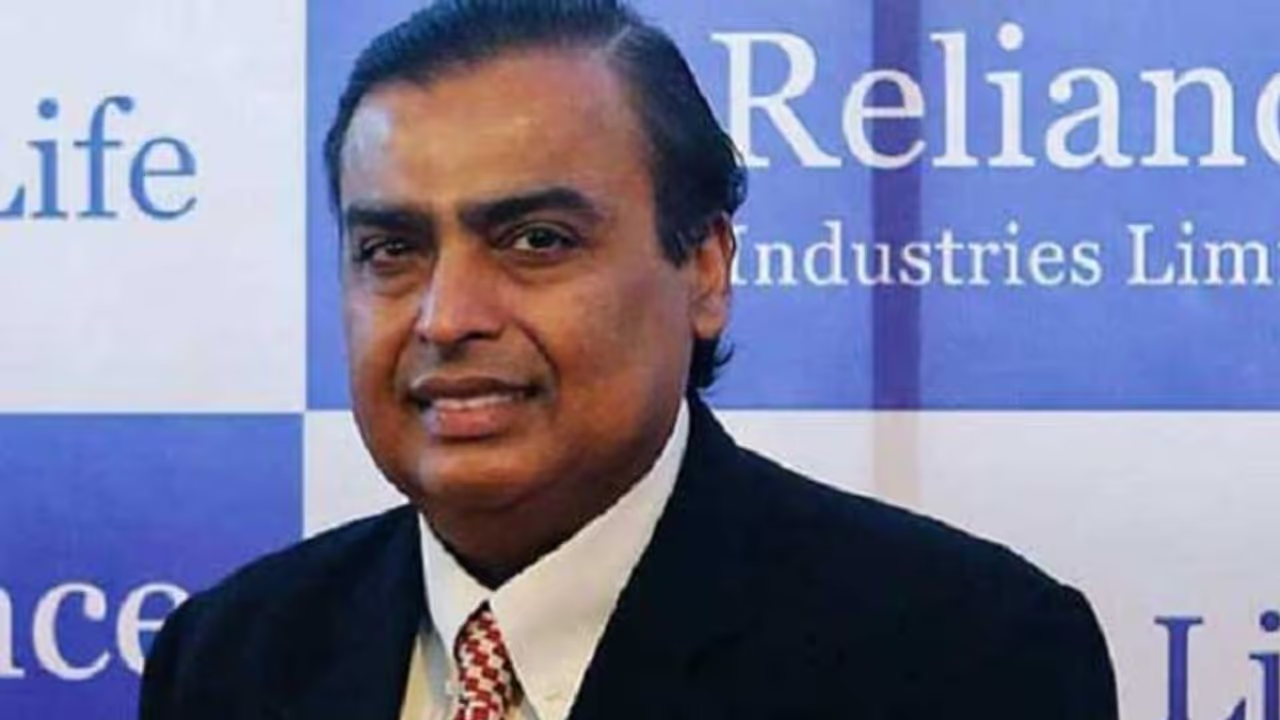Experts believe that tariffs of Reliance Jio Infocomm (Jio) might not be able to disrupt the wired broadband industry in India through JioFiber like the company did in wireless telecom
It was a grand announcement from the new generation of Reliance Industries. Akash Ambani, son of Reliance Industries chairman Mukesh Ambani made a big statement in early September 2019 by speaking about how Reliance Jio Infocomm (Jio) will disrupt the wired broadband industry in India through JioFiber, the state-of-the-art Fiber-to-Home broadband network.
Nearly a week after this major announcement, a look at the fine print of plans gives us some interesting points to ponder about, according to industry watchers.
“Reliance JioFiber’s tariffs are unlikely to shake the industry up the way they (Jio's tariff) did in wireless telecom,” said a senior analyst at a leading advisory firm. Reliance Infocomm, exactly three years ago, in September 2016, had announced its mobility services and stormed the market which left many mobile telephony behemoths bleeding.
Also read: Facebook counters Ambani, says data not oil to be hoarded within nations
“The lack of pricing aggression and non-attractive bundled pricing would result in limited disruption in the underpenetrated wired broadband market. Further, higher non-refundable deposit fee of Rs 2,500 and additional cost for premium content would also dampen prospects,” industry analysts opined.
The broad message from the analyst community is that its pricing for mid-size packs continues to remain higher than current wireless prices offered by other service providers on a per GB basis, thereby offering comfort in the hope that pricing in the wireless market would stabilise.
Also read: Pump-priming by Indian Government likely to yield better sentiments for Indian economy
Reliance Infocomm had highlighted that currently, the average fixed-line broadband speed in India is 25 Mbps. "Even in America, which is the most developed economy, it is around 90 Mbps. JioFiber, India’s first 100% ALL-FIBER broadband service, will start from 100 Mbps and go all the way up to 1 Gbps. This will propel India to top 5 broadband nations globally,” the company had announced.
JioFiber’s base plan starts at 100 Mbps for 100 GB data limit (+50 GB extra for six months). The base plan of most other wired broadband providers starts at 50 Mbps for almost the same amount of data, if not more.
“While Jio’s pricing per GB is approximately Rs 4 for the base plan, the base-plan-pricing of its rivals are of a similar range. Government owned BSNL’s is much lower at Rs 2. Among premium plans, JioFiber’s price per GB is approximately Rs 1.2-1.6, again in line with competitors,” the analysts noted.
The industry watchers believe consolidation in the sector is also some time away. Further, emerging developments in terms of pricing in the television distribution space will remain monitorable. So intense attrition is unlikely in the road ahead.
When questioned about the bundling of virtual reality sets, home security, content sharing and device security add-ons, analysts feel that these niche services are not the primary hook for customers at present, for "smart homes" are yet to capture public imagination and their wallets.
JioFiber has been launched at a time when the Indian broadband market is sluggish.
India currently has 18.4 million broadband subscribers as of March 2019 as per the Telecom Regulatory Authority of India’s telecom subscription report. With a mere seven connections per hundred households, India’s wired broadband market is highly underpenetrated. In comparison, developed nations such as the United States, the United Kingdom, France, and Japan have 30-50% of existing households who are users of wired broadband.
Further, the broadband subscriber base has been expanding at a snail’s pace over the last five years on account of relatively high tariffs in wired broadband compared with wireless, and sharp spike in 4G adoption post the launch of Reliance Jio during 2016.
Also read: Here's why JioFiber plans are creating such a stir
